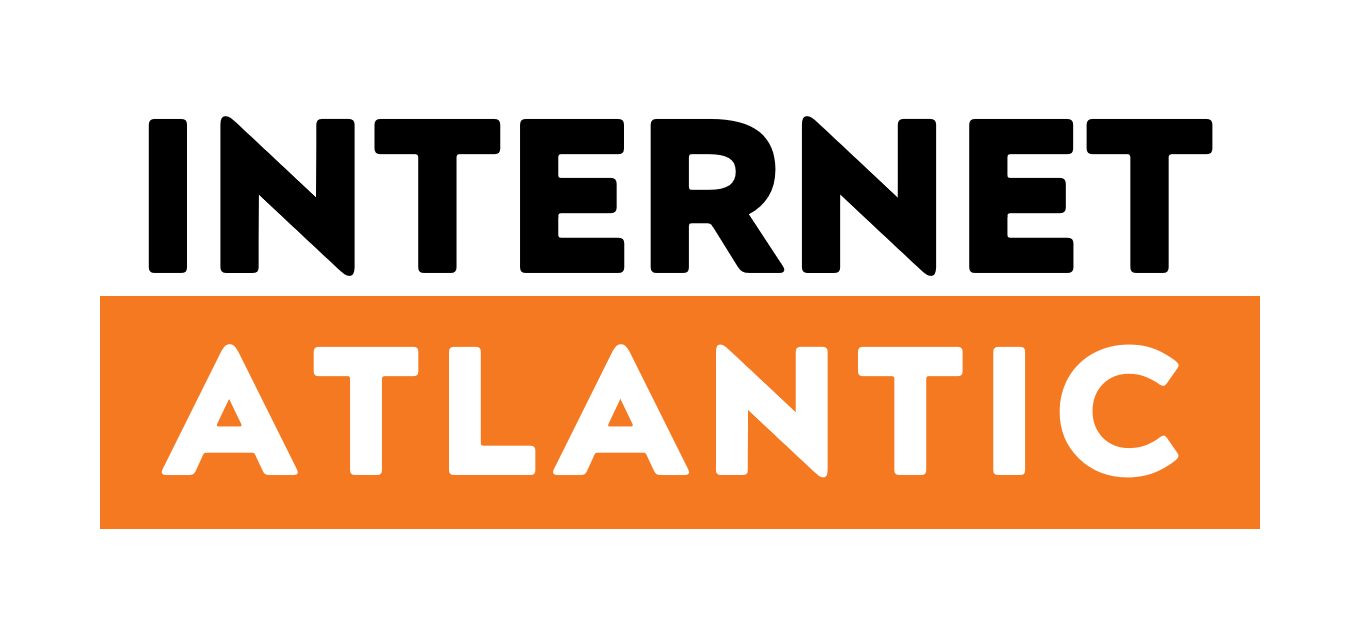Comprendre les appels 9-1-1 avec le service Internet Atlantique
Notre service Internet Atlantic offre un type d'appel d'urgence 9-1-1 différent de celui des services terrestres traditionnels. Il est important de comprendre ces différences :
Processus de routage : Lorsque vous composez le 9-1-1, votre appel passe par un centre d'appel tiers (géré par un opérateur) avant d'atteindre l'équipe d'intervention d'urgence appropriée. Cette étape supplémentaire peut entraîner des retards.
Adresse et numéro de téléphone : Contrairement aux appels au 9-1-1 par ligne terrestre, notre service ne fournit pas automatiquement votre emplacement et votre numéro de téléphone. Vous devez communiquer ces informations à l'opérateur.
Restez sur la ligne : Ne raccrochez pas pendant un appel au 9-1-1 tant qu'on ne vous le demande pas. Si l'appel tombe, rappelez immédiatement. N'oubliez pas que l'opérateur et les services d'urgence ne peuvent pas vous rappeler automatiquement.
Manipulation différente : Les services d'urgence peuvent traiter votre appel 9-1-1 différemment des appels par ligne fixe.
Limitations internationales : Les appels provenant de l'extérieur du Canada et des États-Unis n'aboutiront pas. Vous devrez utiliser un autre service pour les urgences 9-1-1.
Coupures d'électricité : S'il n'y a pas d'électricité, le service, y compris les appels au 9-1-1, ne fonctionnera pas.
Dépendance à l'égard d'Internet : Le service repose sur l'internet, de sorte que des problèmes de réseau peuvent ralentir ou affecter votre appel.
Vos responsabilités
Informer les autres : Assurez-vous que toute personne utilisant le service connaît ces limitations du 9-1-1.
Mise à jour des informations sur l'emplacement : Si vous déplacez votre téléphone VoIP ou votre adaptateur, mettez à jour votre adresse et votre numéro de téléphone près de chaque téléphone afin de pouvoir y accéder facilement en cas d'urgence.
Responsabilité
Vous acceptez de protéger Internet Atlantic de tout problème juridique pouvant résulter d'appels 9-1-1 mal acheminés, bloqués ou retardés effectués par l'intermédiaire de notre service.
